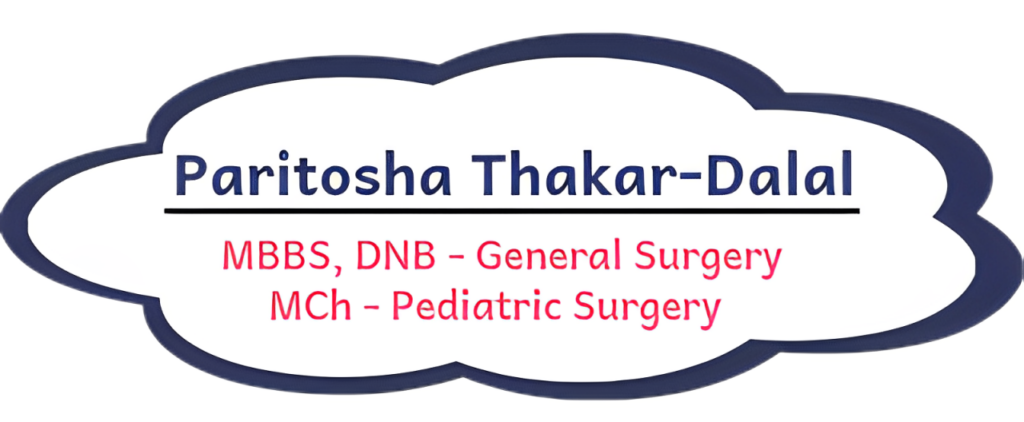Anaesthesia in children
Conventionally there are three types of anaesthesia – general, regional and local. Children mostly need to have general anaesthesia even if it is a minor procedure with or without an addition from the remaining two. General anaesthesia is a state where the child is maintained in carefully controlled sleep or unconsciousness. It uses a mixture of certain medicines to achieve this. Attention is given to keep the child pain free. The procedure is such that there is no memory of the event.
Anaesthetist is the competent persons who will be handling all the anaesthesia needs of your child. He/ she will have some questions for you regarding your child’s health. Do share with them any known or suspected allergies, any medications that your child is taking or any relevant thing that you feel should be known. The anaesthetist willassess the child and discussabout the type of anaesthesia that will be used.Makesure you have all previous medical reports while meeting the anaesthetist. Discuss all your concerns about anaesthesia with the him/her.
Advances in the anaesthesia medicines and procedures in last few decades have made it very safe to use in all children including premature babies.
Fasting before any surgery is mandatory. The duration of fasting is generally 6 hours for solids and any kind of formula feed. Breast feeds need to be stooped 4 hours before the procedure. Your child can have few sips of clear water up to 2 hours before surgery. Make sure you are aware of the exact time that you need to stop the feeds before surgery.
